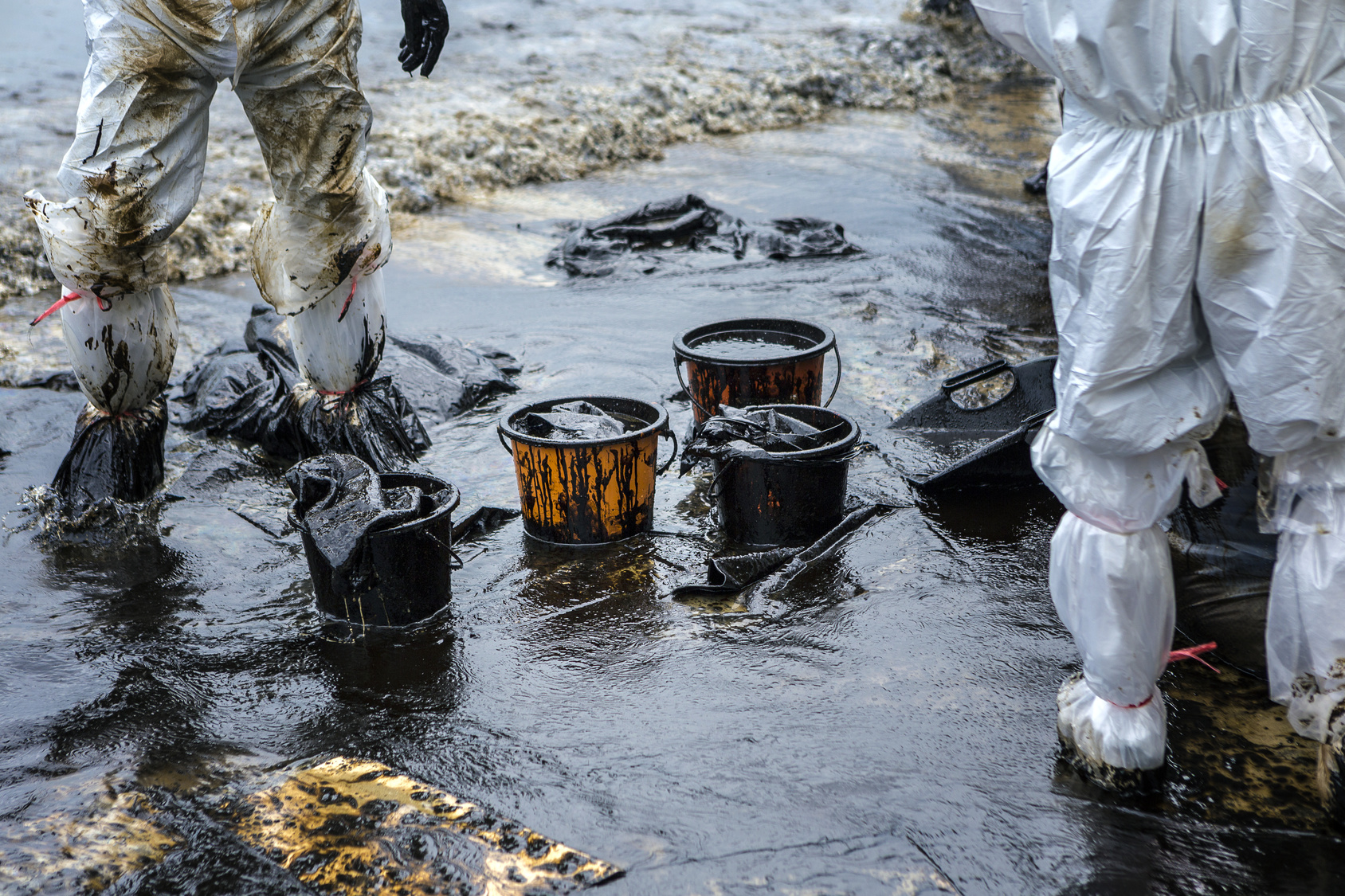A Deepwater Horizon oil spill clean-up worker has filed a lawsuit against his employer in New Orleans federal court alleging he experienced respiratory failure and developed bipolar pneumonia as a result of his exposure to the oil. On December 29, 2011, Luke Boudreaux filed suit against Craig Creppel and DRC Group over an incident which allegedly occurred in September 2010 while he was employed aboard the Captain Matt. Boudreaux alleges he was exposed to toxic chemicals which caused his injuries while the ship was engaged in Deepwater Horizon oil spill remediation efforts in the Gulf of Mexico. Boudreaux claims his employer was negligent for failing to provide a safe working environment, failing to properly maintain the Captain Matt, failing to have a plan in place to complete remediation tasks in a safe manner, and failing to provide enough crew members and the proper tools to complete the task. He has asked the court to compensate him for maintenance and cure, loss of wages and earning capacity, loss of enjoyment of life, medical expenses, disability, post-traumatic stress, emotional distress, court costs, and attorney's fees. Under the Louisiana Workers' Compensation Act, an employee will receive compensation for injuries sustained while on the job regardless of fault. Unfortunately, employees who sustain injuries while employed on an offshore vessel have little recourse through state workers' compensation laws. Instead, they benefit from the provisions of the Jones Act. Congress passed the Jones Act in 1920 in an effort to protect employees injured while working at sea or on a floating vessel. The Act allows an injured marine employee to directly sue his or her employer but also requires the employee to prove the employer was negligent in causing the injury. An employee may seek maintenance and cure and financial recovery for personal injuries under the Act. Non-pecuniary awards, however, are prohibited. For Jones Act protections to apply, an offshore vessel must be capable of moving and an injured employee must fit the Act's definition of a seaman. Traditionally, courts have classified a worker's status broadly to include most staff on a ship or other vessel. A marine employee's status as well as the amount of compensation an injured seaman may receive under the Jones Act is generally quite complicated. An experienced Jones Act attorney can help you determine your status, protect your rights, and determine how to seek fair compensation for your injuries. If you or a loved one was injured while working offshore, it is important to contact an experienced Jones Act attorney as soon as possible. J. Price McNamara, a New Orleans Jones Act lawyer, is available to speak with you about your injuries and discuss your status under the Act. Our skilled and diligent personal injury lawyers represent clients throughout Louisiana, including Metairie, Baton Rouge, New Orleans, Mandeville, and Lafayette. For a free initial consultation, contact J. Price McNamara through his website or call him at (866) 248-0580 today.
Deepwater Horizon Oil Spill Worker Sues Employer for Alleged Exposure to Toxic Chemicals



